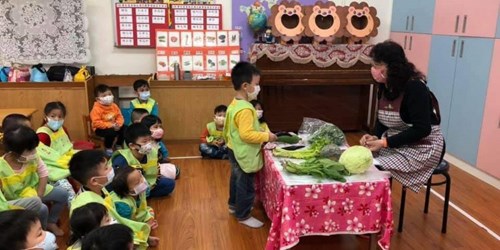
News
Hakka immersive education promoted in preschools in New Taipei City
- Source:客家文化發展中心
- Publication Date:2022/06/24
- Last updated:2022/07/22
- Count Views:1965
With 640,000 Hakka people living in New Taipei City, the administrative area has the second largest Hakka population in Taiwan. Policies on Hakka language transmission are very important for urban Hakka people. To help students integrate into the Hakka-speaking environment at a young age, the city government has been promoting Hakka immersive education for preschoolers since 2019. So far, ten preschools have followed the city’s educational policy.

(Photo credit: New Taipei City Government)
After the Hakka Affairs Council (HAC) rolled out the “Hakka Immersive Education Program,” Chung Shan Preschool (忠山幼兒園) in New Taipei City’s Banqiao District has built a learning environment for Hakka immersive education since 2019 based on HAC’s program.
The director of the preschool Lien Su-chin (練素琴), a Miaoli-born Hakka language teacher, works with her husband Chiu Hsiu-fang (邱秀坊) and the preschool’s teachers to incorporate the ethnic language into everyday life in many ways, including designating every Tuesday as the Hakka language day and exchanging greetings in Hakka with each other in the school.
For children’s Hakka language education, the teaching materials are provided by the preschool including Hakka proverbs, nursery rhymes, picture books, introductions to Hakka festivals, helping create a Hakka-speaking environment for students.
The preschool also actively brings the Hakka language into local communities. Its encouragement to the students to speak Hakka in their household was supported by the parents.
According to its Education Department, the New Taipei City government has long promoted native language education, assisting in establishing Hakka immersion schools for children to naturally speak their mother language. It is hoped that, for passing on the Hakka language and culture, more preschools will participate in the Hakka immersive education program and that more parents are willing to speak Hakka with their children at home.
